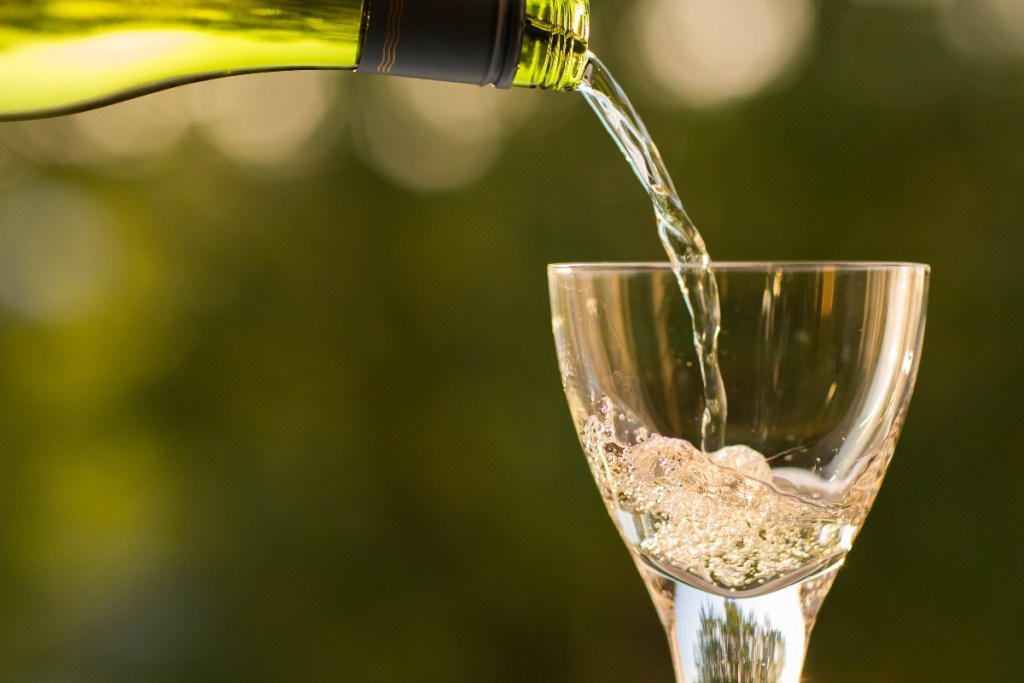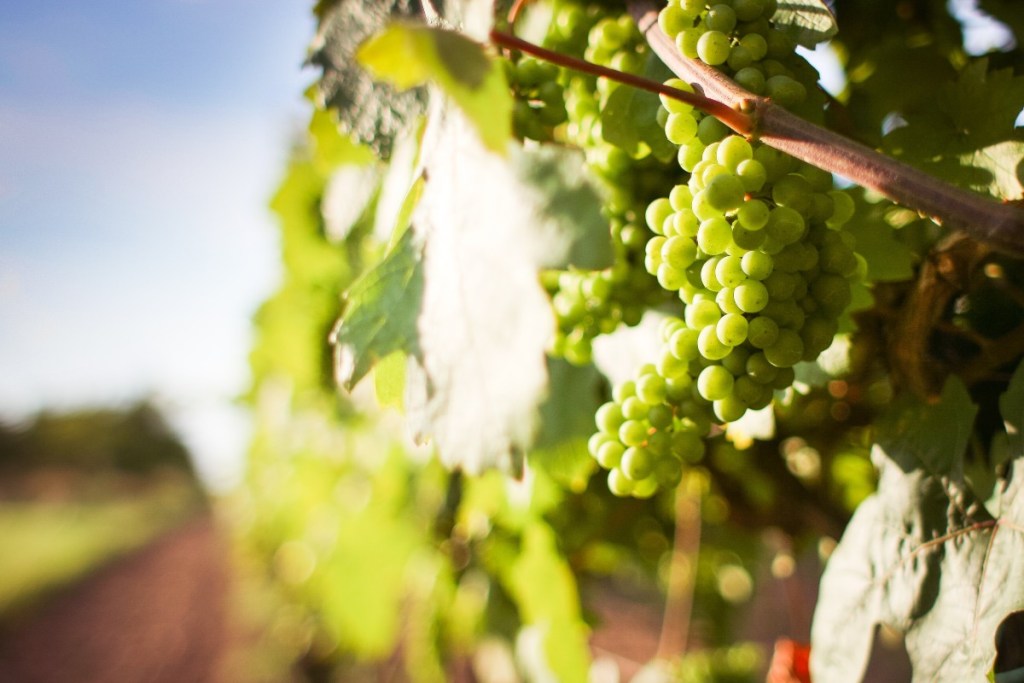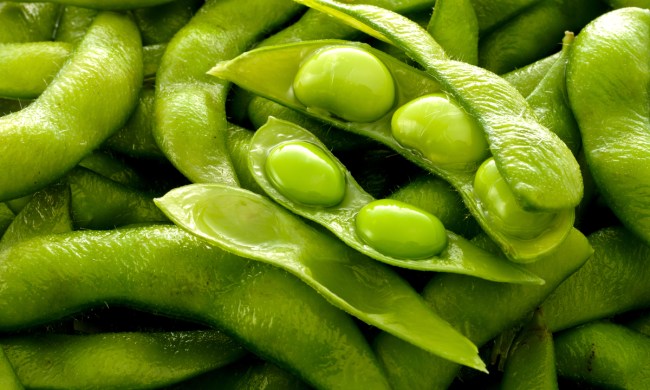You’ve probably heard about organic fruits, vegetables, and poultry. The definition of the term is hard to pin down. However, generally, “organic” food is grown or raised without using certain chemicals, pesticides, or other artificial agents.
These days, you may be noticing the word “organic” on more and more labels and not just on items in the produce or meat aisles. Even your favorite wine producers are starting to use it. You may also see terms like “clean,” “natural,” or “biodynamic.” Do they all mean the same thing? Is organic wine good for you? We cut through the buzzy marketing phrases to uncork the truth about the trend.

What is Clean Wine?
“Clean wine brands” is a term that creates a large umbrella that covers many equally vague subsets that are often used interchangeably. Let’s go over what each means.
- Clean wine: Generally speaking, winemakers say clean wine is made without added sugars or additives like colors. Winemakers typically produce the vino using organic or biodynamic grapes.
- Organic wine: This wine is made from grapes grown without herbicides or pesticides, prohibited substances, or genetic engineering. Instead, farmers and vineyard staff use cover crops to ward off bugs and weeds. Organic is actually a legal definition. The USDA will certify something as organic in the U.S., but definitions vary by country.
- Natural wine: The big difference between organic and natural wine is that natural wine is not legally defined. As a result, the term’s meaning is open to a certain level of interpretation. Using organic grapes is part of the process. That said, “natural wine” proponents say that, though organic vinos must undergo rigid certification processes, natural wines are less likely to be made using additives, sulfates, and fining agents.
- Biodynamic wine: Unlike organic wine, the definition of biodynamic wine is universal. Vineyard staff bases its farming practices around an astronomic calendar that dictates when grapes should be harvested, pruned, watered, and left untouched. Biodynamic wines steer clear of pesticides and use compost rather than chemical-based fertilizer. They may contain up to 100 parts per million of sulfites, which is more than the USDA allows for certified-organic wine.
Why Is Clean Wine Trending?
There are plenty of reasons why clean wine has become popular.
- It may be healthier. Studies show that eating organic fruits can reduce your risk of cancer. You’re likely not going out on a limb by saying that drinking wine made from organic grapes rather than standard wine will also decrease cancer risks.
- It’s more environmentally friendly. Instead of killing insects with chemical-laden pesticides, these farmers use cover crops that double as habitats for them. Farmers may also let sheep graze on the weeds by the vines instead of using herbicides, thereby creating a natural ecosystem that doesn’t harm the environment or consumer.
- Fewer hangovers. Perhaps the biggest purported perk: People swear they have don’t get hangovers after drinking clean wine.
Do Clean Wine Brands Really Deserve the Hype?
Clean wine has its share of supporters. However, is it all it’s cracked up to be? Here’s what you should know before you stock your wine fridge.
- It’s still wine. Organic cookies are still cookies. Organic wine is still alcohol. It’s best to drink it in moderation because excessive drinking can lead to health issues, including high blood pressure, heart disease, and liver problems. The CDC defines one drink of wine as five ounces of vino that has a 12 percent alcohol content. Women 21 and over who drink four or more alcoholic beverages during a single occasion or have eight or more drinks per week are engaging in excessive drinking. Same for men who have five or more glasses in a single sitting or 15 or more drinks per week.
- Definitions are inconsistent. Depending on the term used (organic vs. natural, for example) or the country it’s coming from, you may still consume additives. What’s more, the FDA regulates additives in all wines to keep you safe. Therefore, you’re probably not drinking anything poisonous in a standard glass of wine, which may be cheaper than anything with “organic” or “clean” on the label.
Wine brands are using different terms on their bottles, including clean, organic, and natural. Sometimes, they use these words interchangeably, but there are often key differences. For example, “organic” is legally defined, whereas natural isn’t. However, “natural” winemakers say they are even more rigid about nixing additives and fining agents. Often, clean wine brands employ environmentally-friendly farming methods, such as using cover crops to keep insects off grapes instead of pesticides. Proponents swear clean wine gives them fewer hangovers, and consuming wines made with organically-grown grapes may lower your risk of cancer. That said, all wines are alcoholic beverages. Excessive drinking is harmful, so raise a glass in moderation.
BlissMark provides information regarding health, wellness, and beauty. The information within this article is not intended to be medical advice. Before starting any diet or exercise routine, consult your physician. If you don’t have a primary care physician, the United States Health & Human Services department has a free online tool that can help you locate a clinic in your area. We are not medical professionals, have not verified or vetted any programs, and in no way intend our content to be anything more than informative and inspiring.




